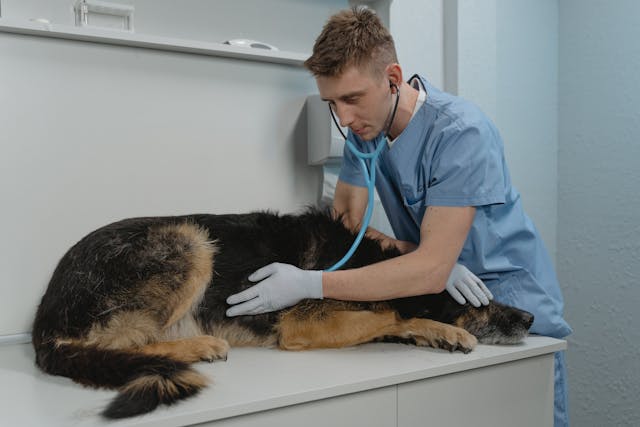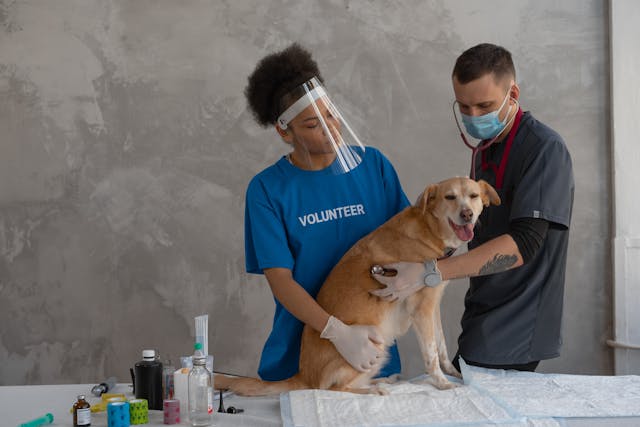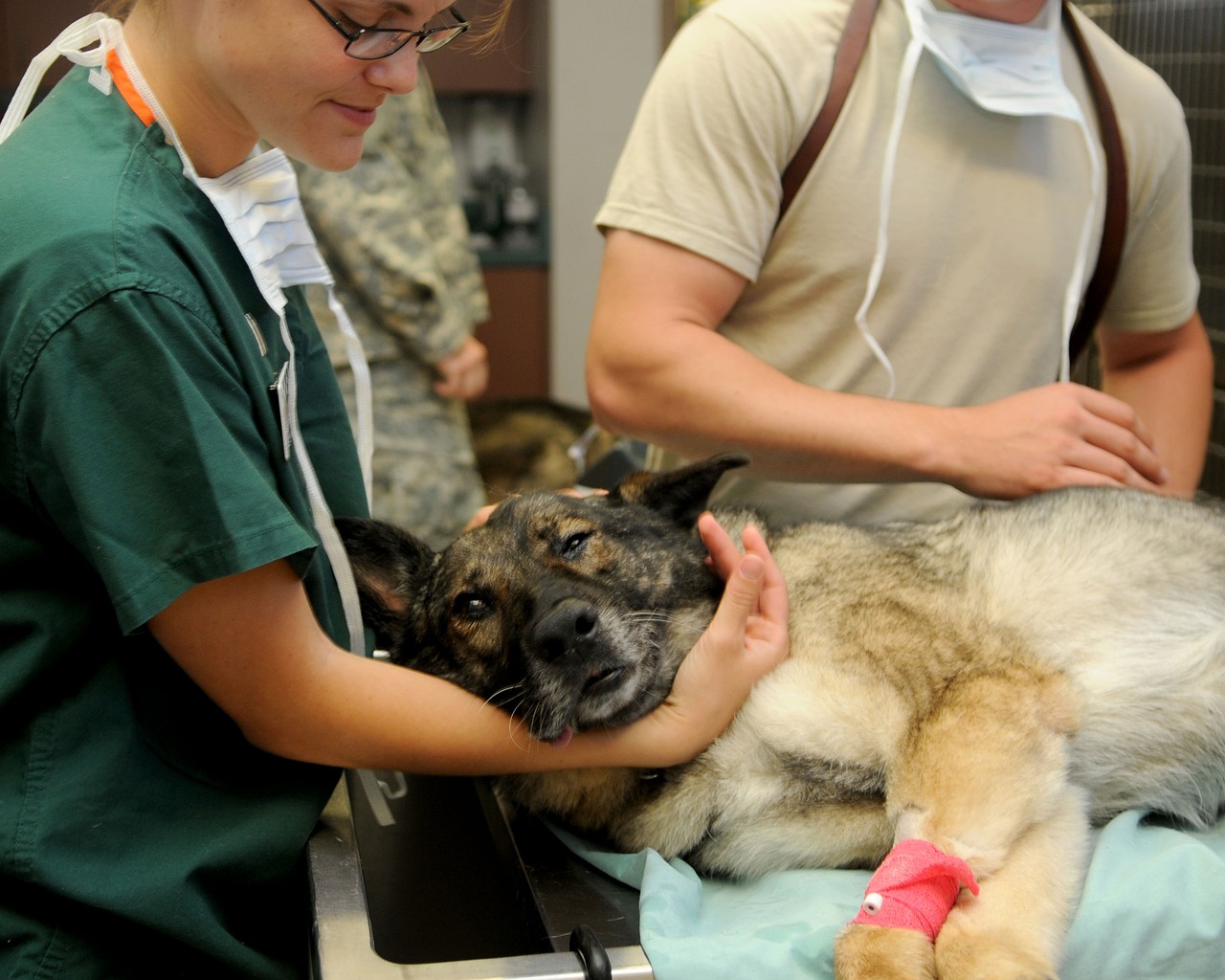Recovery from addiction is a multi-faceted experience that often requires various forms of support and therapy. Alcohol & Drug Rehabs: Detox & Addiction Treatment Centers Near Me In Minnesota can still provide traditional aid if you’re not a fan of animals. Although standard therapies like counseling and group therapy are effective, research indicates that introducing animals into rehabilitation programs can offer additional advantages. Pet therapy, often called animal-assisted therapy, uses trained animals to enhance physical, emotional, and psychological well-being. Pet therapy provides a comprehensive approach to addiction rehabilitation, addressing the diverse requirements of those seeking sobriety. This article explores the role of pet therapy in rehab and how animals can aid in the recovery process.
Creating a Comforting Environment
Animals have a remarkable ability to create a sense of comfort and companionship. They may also provide emotional support and decrease loneliness in rehab settings. Pets provide unconditional love and acceptance, creating a supportive atmosphere for healing and connection.
Reducing Stress and Anxiety
Research suggests that interacting with animals might lessen stress, anxiety, and depression symptoms. Petting a dog or cat, for example, releases oxytocin and serotonin, neurotransmitters associated with relaxation and well-being. In rehab, where individuals may experience heightened levels of stress and emotional turmoil, pet therapy offers a natural and effective way to calm the mind and soothe frayed nerves.

Promoting Social Interaction
Animals can serve as social catalysts, facilitating interactions and communication among individuals in rehab. Petting or playing with animals can break down barriers and encourage engagement, fostering a sense of camaraderie and community among peers. In group therapy sessions, animals provide a nonjudgmental presence that encourages open communication and trust-building.
Providing Distraction and Enjoyment
Engaging with animals offers a healthy and enjoyable form of distraction from cravings and negative thoughts. Playing with dogs, walking horses, or simply observing the antics of small animals can bring joy and laughter to individuals in rehab, helping to shift their focus away from substance use. Animals provide a source of entertainment and pleasure that contributes to overall well-being and resilience.
Teaching Emotional Regulation
Animals are sensitive to human emotions and can help individuals learn to regulate their own emotions. Interacting with animals requires patience, empathy, and nonverbal communication skills, all of which are essential for emotional regulation. Animals provide immediate feedback to human behavior, helping individuals develop greater self-awareness and emotional intelligence.

Tailoring Therapy to Individual Needs
One of pet therapy’s strengths is its versatility and adaptability to individual needs and preferences. Various animals, such as dogs, cats, horses, and birds, offer therapeutic benefits and appeal to a wide range of interests. Pet therapy programs may be adjusted to each client’s specific needs, providing for a more individualized approach to healing at rehabilitation facilities.
Conclusion
Pet therapy is a powerful and comprehensive approach to addiction rehabilitation, using the healing power of animals to accompany individuals on their path to sobriety. Incorporating pet therapy into addiction treatment not only improves the recovery process but also builds a stronger connection with oneself, others, and nature. Pet therapy is a compassionate and successful method of addiction treatment, meeting the diverse requirements of persons seeking a healthier, more rewarding life.


